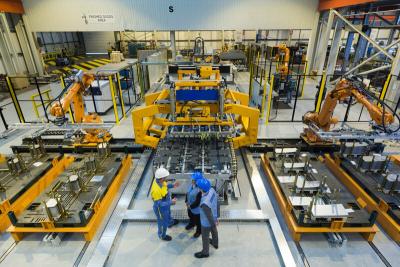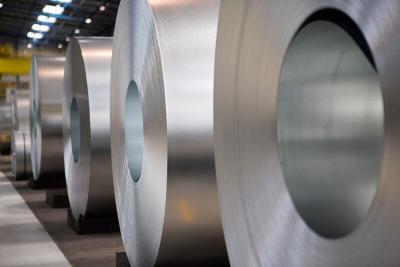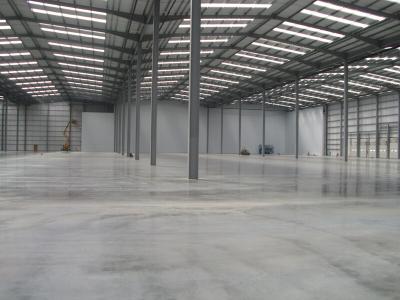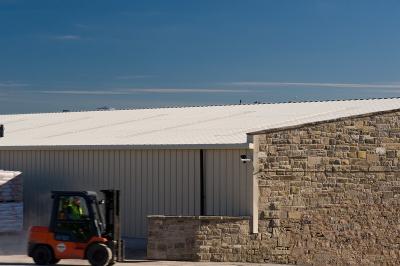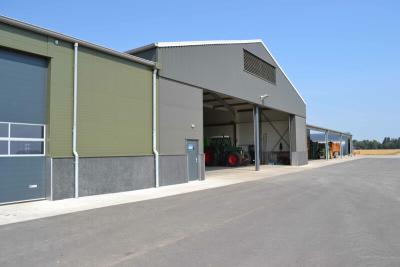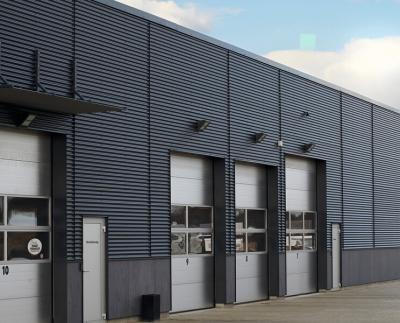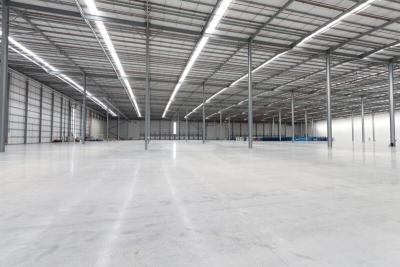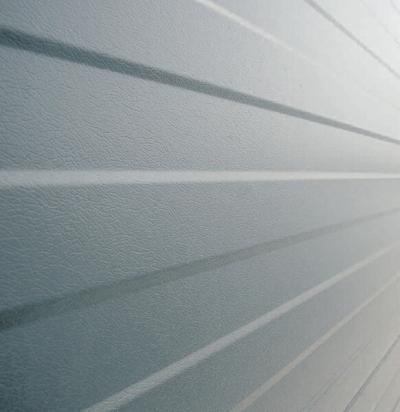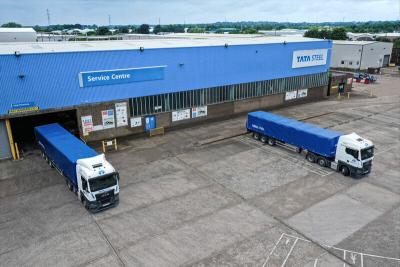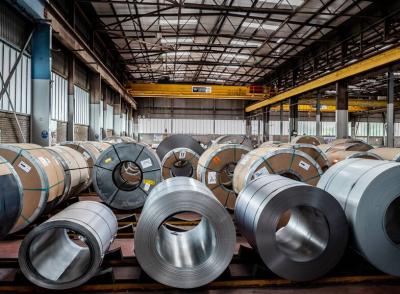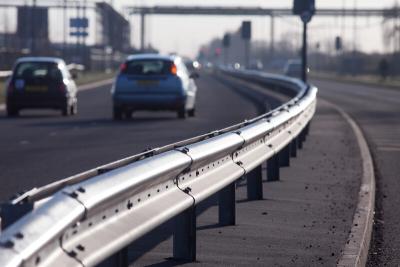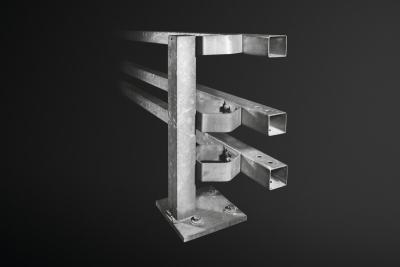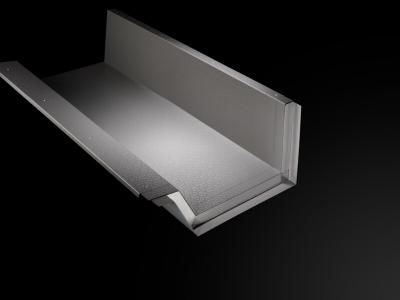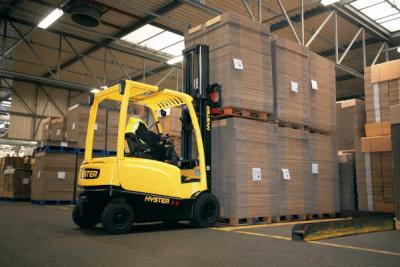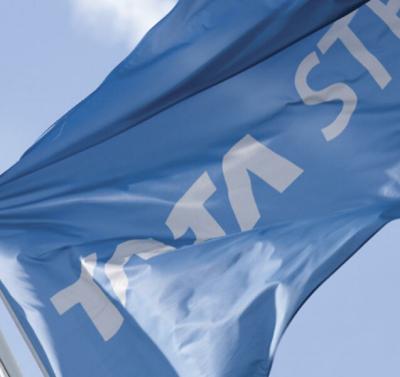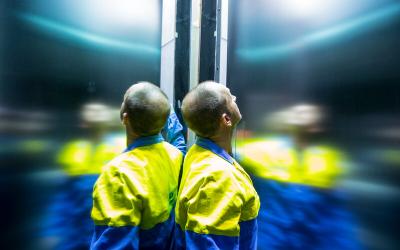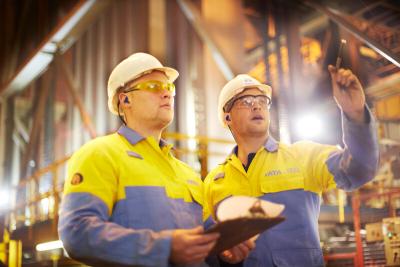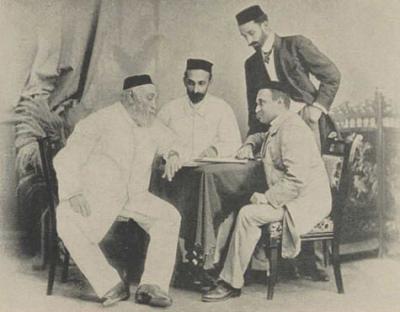Monday 2 September was another hugely poignant day at Port Talbot steelworks, as the last shipment of raw materials was unloaded at the site’s deep water harbour.
The MV Trinity Island berthed on Saturday morning and left Monday afternoon, having unloaded 44,000 tonnes of coke from Japan for use in Blast Furnace 4.
Current and former employees gathered at the jetty to see the last 20 tonne ‘grab’ of material unloaded, and Production Manager Mark Davies presented the captain of the ship with a commemorative plaque to mark this moment in history.
“The unloaders are a huge part of the landscape, they’re iconic, but we have to change with the times and move forward to ensure steelmaking remains here for the next generation.”
Section Engineering Manager Mark Powys said: “It was clearly a sad and emotional day for everyone involved – it really is the end of an era in Port Talbot.
“The unloaders are a huge part of the landscape, they’re iconic. For years, people on the beach or walking along the seafront have watched the ships coming and going, and have seen the cranes working away. They’re a massive part of the local community
“But we have to change with the times and move forward to ensure steelmaking remains here for the next generation.”
Off the back of a comprehensive cessation programme run over the past few months, the plan to make the assets safe now kicks into play.
“This started as soon as the vessel left the harbour and will be carried out in phases,” said Mark.
“Phase one will focus on the harbour itself and the raw materials conveyors coming in off the harbour, before we move on to the rest of the conveyors that are weaved right across the Port Talbot site.”
Since the harbour was first opened by Queen Elizabeth II on 12 May 1970, it is estimated that more than 300 million tonnes or iron ore, coal and coke have been unloaded for use in the steelworks.
Future electric arc furnace steelmaking at the site will melt UK-generated scrap brought in by rail, rather than importing raw materials from across the world, reducing the site’s CO2 emissions by five million tonnes a year.
About Tata Steel UK
- The Tata Steel Group has been named one of the most ethical companies in the world, and is among the top producing global steel companies with an annual crude steel capacity of 34 million tonnes.
- Tata Steel in the UK has the ambition to produce net-zero steel by 2045 at the latest, and to have reduced 30% of its CO2 emissions by 2030.
- Tata Steel is the largest steelmaker in the UK with primary steelmaking at Port Talbot in South Wales supporting manufacturing and distribution operations at sites across Wales, England and Northern Ireland as well as Norway, Sweden, France and Germany. It also benefits from a network of international sales offices around the world.
- Tata Steel employs more than 8,000 people and has an annual crude steel capacity of 5 million tonnes, supplying high-quality steel products to demanding markets, including construction and infrastructure, automotive, packaging and engineering.
- Tata Steel Group is one of the world's most geographically-diversified steel producers, with operations and a commercial presence across the world.
Follow us on social media








